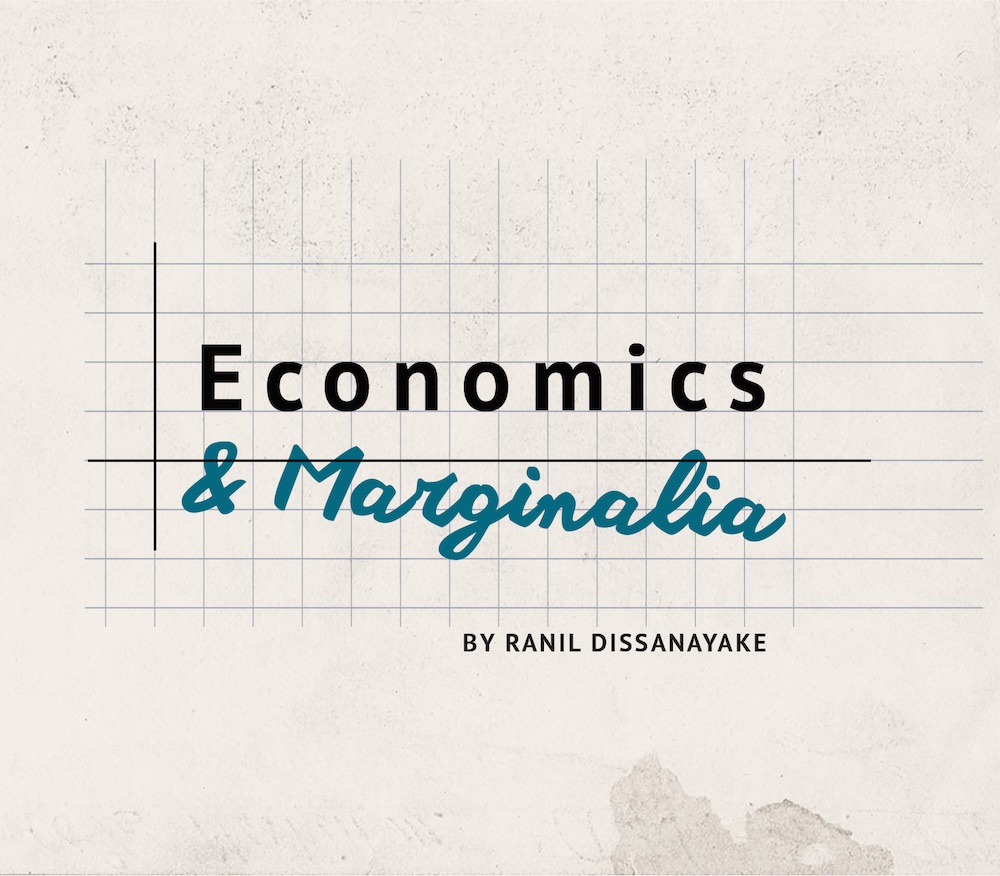Recommended
Hi all,
For the next few weeks, I'll be writing the links on the bus home from Oxford after a morning of teaching, cheek-by-jowl with what seems like half the population of the city, so forgive me if they sound harrassed, grumpy or just a bit shorter than usual; it will be because they are. Still, there are consolations: I just spotted three red kites circling a field; I've got one eye on the cricket world cup (trying to ignore Sri Lanka's consistent efforts to break my heart); and I can—usually—enjoy a Ben's cookie on the way. Not today, however—instead of finding time for a cookie, I got a flu jab. I preferred the cookie.
- It's been a while since we've had a proper economist cage match, so I rather enjoyed reading about Larry Summers and Angus Deaton clashing on issues of trade and migration. I'm firmly on Team Larry here: Angus may be right to say there have been human costs to open trading regimes, but I think the case that they have been a net loss for the most disadvantaged is untenable. And certainly, the idea that immigration has led to widespread economic costs borne by the left behind in rich countries is not well-supported by the evidence: whether positive or negative, the effects of migration on native wages tend to be small. There is a danger of conflating political narratives around or justifying disaffection with the reality of what has actually happend. And as luck would have it some very good research on the effects of trade on income inequality was summarised this week in VoxDev. While trade increased inequality, the effects within the bottom part of the distribution are small (they are larger when comparing the richest with the median earners); and this says nothing about overall welfare, given that trade may both have inequality and overall income effects.
-
The World Bank Annual Meetings is always a good opportunity for navel-gazing (or, for many of us outside the multilateral development bank (MDB) system, gazing at their navels). Two pieces worth reading: first, Martin Wolf on the need to reform and maximise the firepower of the multilateral system. As he says: "If the MDBs had not been created, we would now have to invent them. Fortunately, they do exist. So, we must use them." And secondly, this, by Ngaire Woods, doubling as a review of Martin Daunton's forthcoming book, in which she lays out the choice facing global leaders: cooperation or crisis (both of those pieces may require registration or a subscription; both well worth the latter).
-
Ken Opalo is singing my song here: African labour productivity needs to rise, urgently. I have something forthcoming on what the future path of economic transformation for developing countries might look like, and one of the key points we make is that there is a path towards economic development and convergence, but it will take good policy and investments now to exploit.
-
Like David McKenzie, I was incredibly struck by how wise and timeless the advice given by Richard Feynman in his first memoir was, but unlike David I didn't write a blogpost to share that with other economists, so I'm grateful he did. I recommend both the blog and the book.
-
I had a chat with someone recently, when the subject turned to financial transparency: it's hard to negotiate for pay or to know what your market value is if no-one ever discloses what they got paid to do the same thing, and absent forced transparency, people rarely reveal these things themselves (we had the discussion in the context of the gender pay gap; my three year old son recently used a similar principle by asking me how many episodes of Peppa Pig he could watch, and then immediately asking my wife, in the next room. He went with the higher number. I'm very proud of my son). Anyway: Maria Bamford, the comedian, embraces radical financial transparency after painful experience. Planet Money have the story (transcript).
-
One more from VoxDev (now on BlueSky!): a study shows a relatively short training can have substantial positive effects on refugee children attending schools in their country of refuge.
-
Finally, I mentioned the cricket world cup in the intro (Pakistan now chasing 367, and currently looking good for it), but it's not the only sporting joy of the season. The rugby world cup is also on (I'm a Sevens fan, but I'll watch Fiji in any form), and even more excitingly, the NBA season is about to start. This is LeBron James's age-39 season, and I think he's going to make Father Time tap out: just look at him go! It's going to be a great season: the King is still playing, and he's going to face off with Victor Wembanyama; we never got to see Bron and Jordan face off; we might one day look back at this season as a replacement for that. But this is ultimately an econ and stats page, so here's one number that will define every NBA team this season. And on that note...
Have a great week, everyone!
R
Disclaimer
CGD blog posts reflect the views of the authors, drawing on prior research and experience in their areas of expertise. CGD is a nonpartisan, independent organization and does not take institutional positions.




